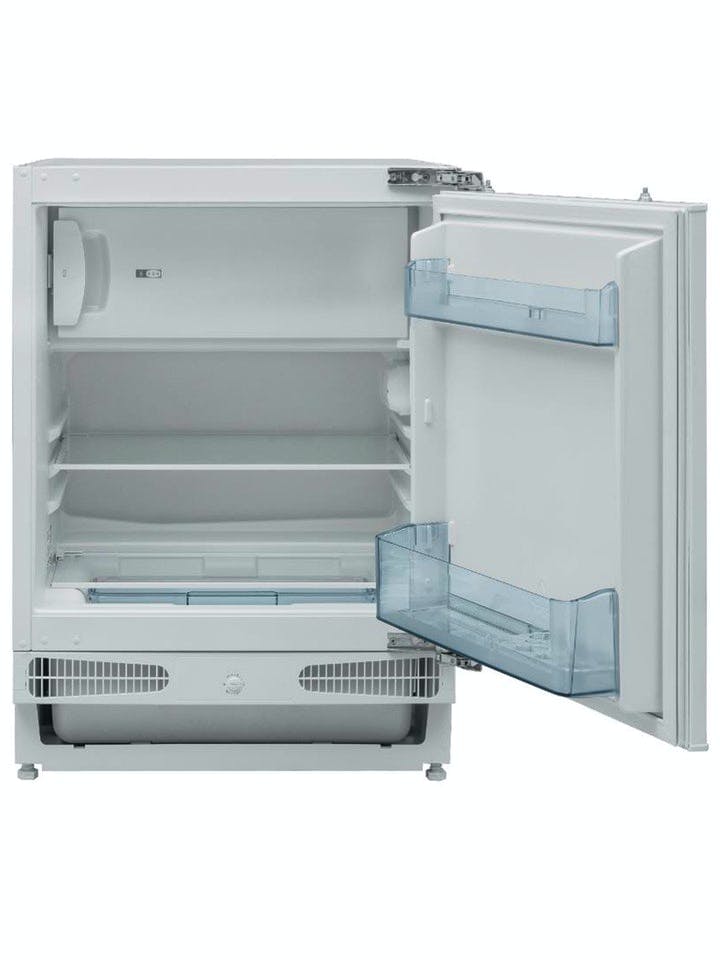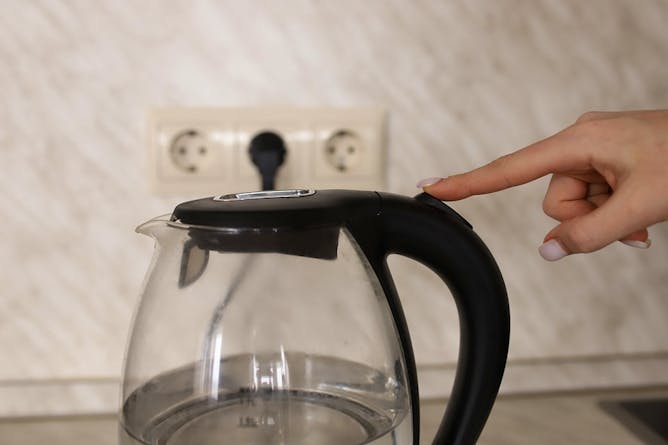Energy Saving Tips in the Kitchen
If you’re like most people, your kitchen is one of the most happening spots in your home. After all, it’s there where you store your food and prepare all kinds of tasty recipes.
However, because of its many uses, your kitchen might be one of the biggest energy zappers in your home too. Think of all the appliances that are plugged in and draining electricity at any given time, such as your fridge, your toaster and your washing machine, to name just a few.
For a slimmer electricity bill, here are a few ways you can save energy in your kitchen.
Fill Up Your Dishwasher…
If you’re using your dishwasher when it’s anything less than full, then you’re wasting both electricity and water. As it is, dishwashers already use quite a lot of energy and water even with a full load, so you may as well take advantage of the fact by filling your dishwasher up completely before running a load.

…and Air Dry Your Dishes
Want to save even more energy when using your dishwasher? Skip the dry cycle.
As soon as your dishwasher has finished washing and rinsing your dishes, turn it off before it starts the dry cycle. From there, you can take your dishes out and place them on your draining board, where they can air dry.
Unplug Appliances Not in Use
If your kitchen appliances are kept plugged in when not in use, then they’ll slowly drain energy over time. To save energy, unplug any appliances when you’re not using them. This includes your toaster, blender, microwave, dishwasher, washing machine and kettle.
What you definitely should not be unplugging is your fridge! There’s no way around it: in order to keep your food from spoiling, your fridge must be kept plugged in at all times.
This brings us to our next tip…
Keep Your Fridge (and Freezer) Fully Stocked
The reason for fully stocking your fridge and freezer is somewhat related to filling up your dishwasher before running a load. While it’s certainly great to optimise all the space in your fridge and freezer, the real reason you should fully stock these appliances is so less energy is used to keep your food cooled.

Here’s a brief explanation: warm air enters your fridge and freezer when you open the door. Cooling this warm air requires energy usage from your fridge and freezer. Packing your fridge and freezer with food means there is less space for warm air to fill, which means less energy is used to cool down any warm air that does manage to enter.
Consider Getting Smaller Appliances
If you live alone or you simply can do with a little less, why not swap your existing appliances for smaller (and more energy efficient) ones? If you don’t typically keep a lot of food in your fridge, for example, then a massive fridge-freezer with countless shelves and compartments may not be what you need. Similarly, if you don’t have huge loads of laundry to wash, then a smaller washing machine might be better for you.
We hope these tips will help you save energy in your kitchen!
Until next time…

